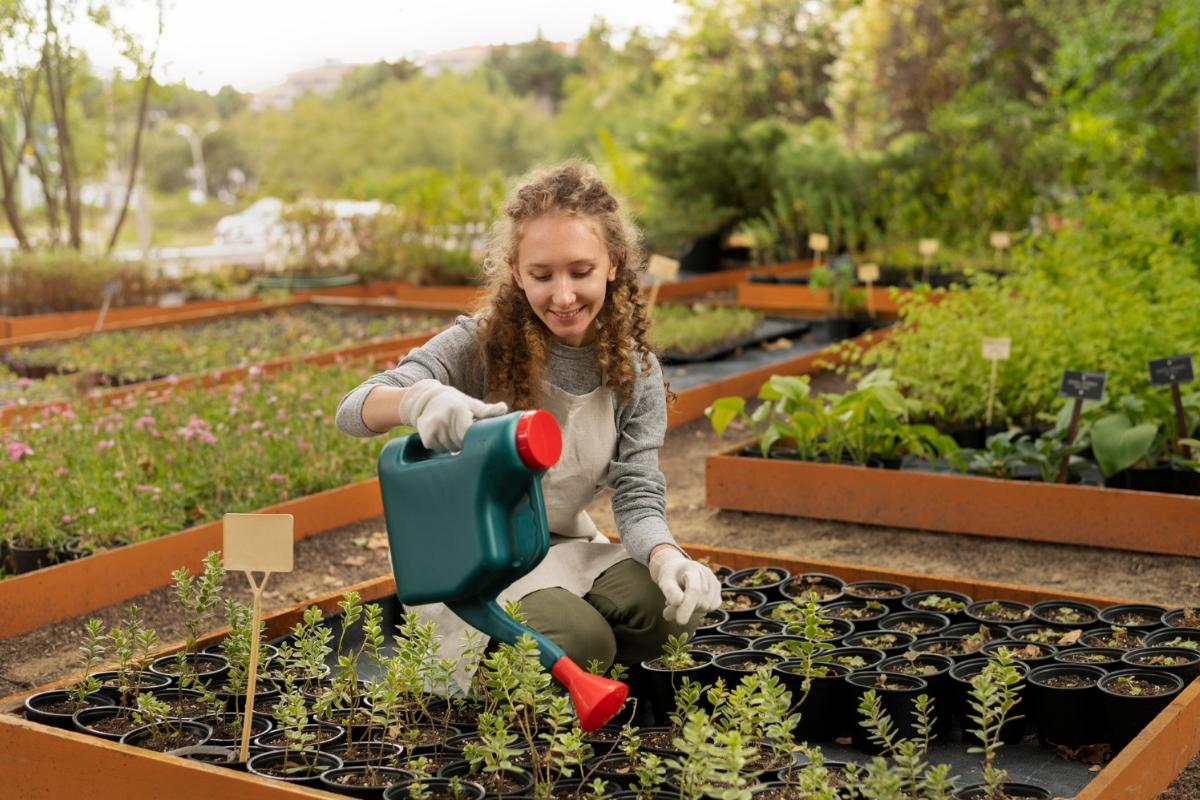
We all hear that it is important to use less water, conserve energy, and reduce our waste when we can. These are all great methods to help save the environment, but changing our everyday habits is also critical to making a large impact. By doing small things every single day and altering a few of our bad habits, we can have a greater positive impact on the environment. Reducing our carbon footprint to your local recycling center in New Jersey is just the first step of the journey. There are a few daily habits you should adopt to help you go greener and have a positive impact on the environment.
Composting is a great way to reduce waste that leaves your household. By composting food scraps, leftovers, fatty parts of meats, and many other parts of old foods. When you compost, you actually enrich the soil in your yard, flower pots, or garden beds. Repurposing is critical in keeping this waste out of landfill and using it for other purposes.
Many people shy away from eating their leftovers, which can actually contribute to food waste overall. Instead of leaving precious food behind at restaurants, ask for a box. When you cook at home, put the leftovers into a container that you can reheat the next day. By eating your leftovers, you maximize the energy used to create one meal, and instead you turn it into a few meals.
Growing your own food is a great way to start going green. If you have the outdoor space, designate an area for a garden. When you grow your own food, you'll reduce air and water pollution that is created from the use of pesticides in many commercial gardens. Also, you'll know exactly where your food comes from when you eat it.
Stop using disposable dinnerware, such as plastic utensils, cups, and plates. Instead, opt to use any type of materials that you can reuse many times. Invest in washable cups and plates that you can continually use. Plastics contribute much of the earth's waste, and it takes many years to decompose, which means it litters landfills and oceans.
When you go shopping for fruits and vegetables, stop using the plastic bags to wrap these foods. Instead, you should just go naked. Place these items directly into your shopping cart, and you'll save many plastic bags that can contribute to the world's waste issue. You'll wash them at home anyways.
If you have leftover paper rolls or bags, popsicle sticks, or wood, don't be afraid to get crafty. Let your kids play with cardboard boxes and create crafts from these items. Design signs or murals using these materials. There are many different things you can create from old, unused supplies from the kitchen, pantry, or bathroom.
These are just a few daily habits that you can adopt into your lifestyle so that you can see a lasting positive impact on the world around you. By leaving the world a better place for those that come after us, we can prolong the resources and help them have a cleaner future. Talk to your local recycling center in New Jersey to see how you can increase your recycling efforts and other aspects of reducing waste. Contact us today to hear about how we can help your household take the first steps to a greener future.